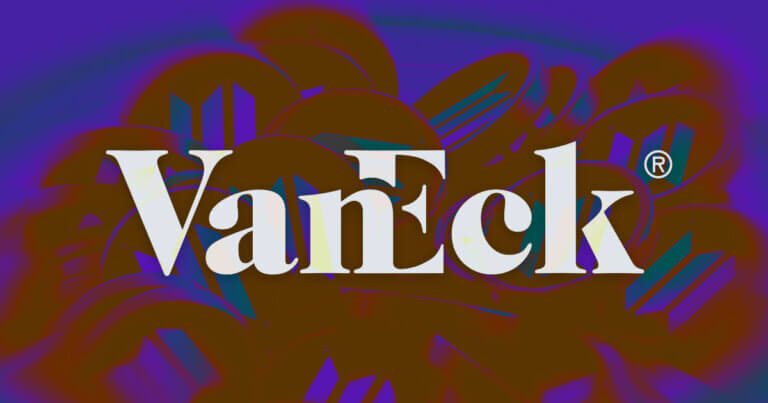 VanEck enables staking rewards for European Solana ETN investors
VanEck enables staking rewards for European Solana ETN investors VanEck enables staking rewards for European Solana ETN investors
VanEck's said the move is to offer its Solana ETN investors' passive income opportunities through staking rewards.

Cover art/illustration via CryptoSlate. Image includes combined content which may include AI-generated content.
VanEck has launched staking for its Solana exchange-traded note (ETN) VSOL in the European market.
Matthew Sigel, head of digital asset research at VanEck, confirmed the rollout on Oct. 21. He noted that the new staking option allows investors to earn rewards, which will be reflected in the daily net asset value (NAV) of the ETN.
Sigel explained that these rewards will be automatically included in the VSOL token’s equity and incorporated into its daily terminal value.
VSOL investors will receive 75% of the gross staking rewards, following a 25% deduction for VanEck’s staking fee. This passive income feature is available to all VSOL holders, regardless of the timing of their investment, and requires no additional action from investors.
VSOL is a crypto ETN that was incorporated in Liechtenstein for European investors. It launched in September 2021 on Deutsche Börse, one of the region’s leading stock exchanges.
As of Oct. 18, the ETN’s assets under management (AUM) total $73.8 million. According to VanEck’s website, the shares are priced at approximately €8.229 ($8.93), with the NAV standing at $8.21.
Non-custodial approach
VanEck emphasized that its staking approach is fully non-custodial. This ensures that the ETN’s custodian retains complete control over the staked assets, eliminating lending risks that could potentially impact investors.
Sigel explained that the firm’s client funds would be delegated to validator nodes managed by a third-party provider. The SOL tokens held by the ETN are staked through this process, with the custodian maintaining control over the assets in cold storage.
He explained:
“In regulated TradFi, asset managers can’t hold customer funds directly due to the need for third-party segregation to protect client assets. Staking customer funds to asset-manager-owned infrastructure raises similar concerns.”
Meanwhile, Sigel also hinted at potential future developments, mentioning the possibility of using liquid staking tokens (LSTs) like jitoSOL. However, the firm currently relies on an internal dynamic risk model to ensure liquidity for daily redemptions.





 Elon Musk
Elon Musk 














































































 SOL
SOL
